People
Center Executive Committee and Project Leaders
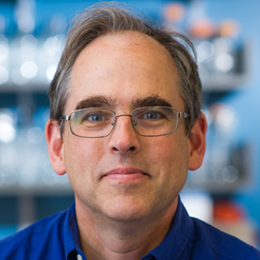
Founding Director of the Laboratory of Systems Pharmacology
Head of the Harvard Program in Therapeutic Science
Principal Investigator, Member CCSP Executive Committee, and Head of Project 1
Peter Sorger leads the CCSP and the shared research laboratory in which much of the work is based (the Lab of Systems Pharmacology). The Sorger lab focuses on the systems biology of mammalian signal transduction and uses single-cell and multiplexed imaging and mass spectrometry methods to constrain and validate physico-chemical models of oncogenesis and drug action. As part of the CSSP, Sorger and his group are investigating the molecular analysis of adaptive drug resistance (Project 1) and using multiplex methods to study the tumor microenvironment (Project 2).
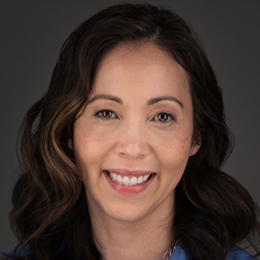
Member CCSP Executive Committee and Co-Head of Project 3
Marcia Haigis studies the metabolic programs of mammalian cells and the pathways that regulate these programs. She focuses on metabolic reprogramming of tumor cells and immune cells within the tumor microenvironment to discover novel anti-tumor therapies. As part of the CCSP, Haigis and her group investigate the mechanisms of response and resistance to immune checkpoint inhibitors (Project 3) and lead the metabolomics efforts in the Systems Pharmacology core.
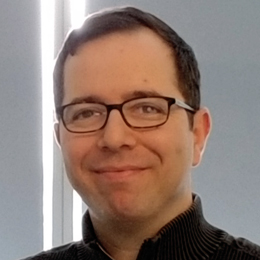
Associate Professor in Pathology, Harvard Medical School
Member CCSP Executive Committee and Head of Project 2
Sandro Santagata is a Neuropathologist in the Department of Pathology at Brigham and Women’s Hospital and in the Department of Oncologic Pathology at Dana-Farber Cancer Institute. He applies novel tissue imaging methods, including tissue-based cyclic immunofluorescence (t-CyCIF), to characterize brain tumors. Using clinical trial specimens, he measures and models therapeutic responses in tumors and their microenvironment (Project 2).

Head of Modeling and Informatics Platform, Harvard Program in Therapeutic Science
Member CCSP Executive Committee and Systems Pharmacology Core Lead
Artem Sokolov has an extensive background in machine learning and its application to molecular and clinical datasets. As part of the CCSP, he leads a team of scientists who are actively developing and maintaining computational pipelines for analyzing transcriptomics, proteomics, and imaging data collected for Projects 1-3. Sokolov is actively involved in the CSBC and co-chairs the CSBC/PS-ON Image Analysis Working Group, which is focused on systematic development and evaluation of methods for cell segmentation in high-dimensional biomedical images.
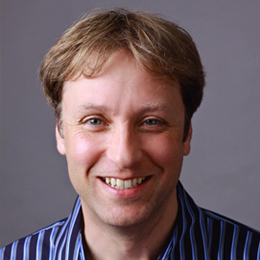
Harvard John A. Paulson School of Engineering and Applied Sciences
Member CCSP Executive Committee
Hanspeter Pfister’s research in visual computing lies at the intersection of visualization, computer graphics, and computer vision and spans a wide range of topics, including biomedical image analysis and visualization, image and video analysis, interpretable machine learning, and visual analytics in data science. Pfister was recruited through our year 1 pilot project on machine-vision approaches to tissue analysis. He and his lab are developing machine learning methods for analyzing multi-dimensional tumor tissue images with the goal of more accurately assigning cell type and determining the distribution of tumor, stromal, and immune cells in cancers before and after treatment (Project 2).
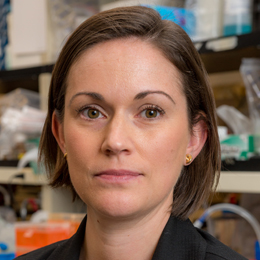
Director, Breast Tumor Immunology Laboratory, Dana-Farber Cancer Institute
Assistant Professor, Harvard Medical School
Member CCSP Executive Committee
Jennifer Guerriero studies the role of tumor associated macrophages in promoting tumorigenesis and as a therapeutic target. Her research aims to understand the molecular and functional regulation of tumor macrophage phenotype and subsets, identify how tumor macrophages inhibit T cell function and limit the effectiveness of immunotherapy, and identify novel strategies to target macrophages therapeutically. Guerriero was recruited through outreach by the Systems Pharmacology Core and has brought new insight into macrophage biology to the CCSP, particularly in the context of breast cancer and immune therapy (Project 3).
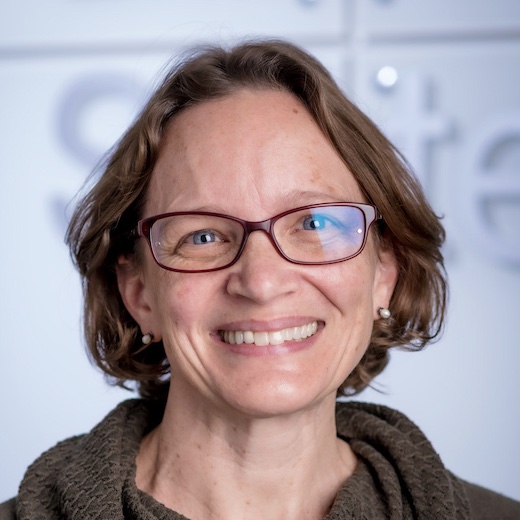
Member CCSP Executive Committee, Ex Officio
Alyce Chen is a scientific program manager for the Harvard Program in Therapeutic Science and the Laboratory of Systems Pharmacology. She ensures the smooth operation of the Center’s communication infrastructure, monitors progress on all time lines, and assists the PIs in reporting progress to the NCI. She serves as the Center Administrator.
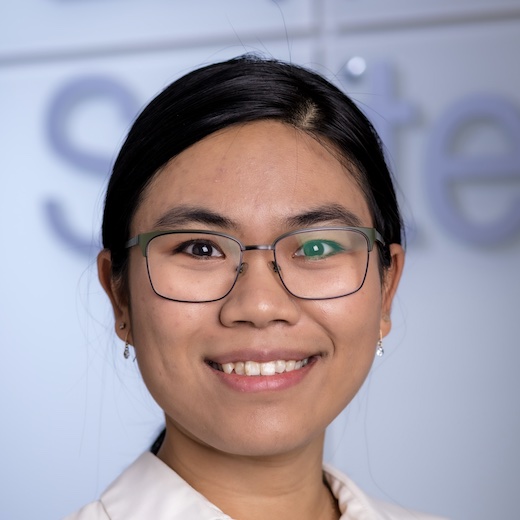
Member CCSP Executive Committee, Education and Outreach Lead
Han Xu is an education fellow at Harvard Program in Therapeutic Science and the Laboratory of Systems Pharmacology. She develops and implements education and training programs for the Center. Han has a background in biomedical engineering, which enables her to create educational materials from the perspective of a student and researcher in the biotechnology field. She is passionate about evidence-based and learner-centered curriculum design. In addition to utilizing these principles at her position, she is also receiving training in pedagogy at Harvard Medical School.
Center Faculty and Investigators
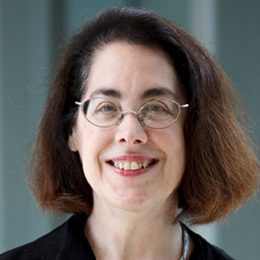
Chair, Department of Immunology, Harvard Medical School
Co-Director of the Evergrande Center for Immunologic Diseases
Co-Head of Project 3
Arlene Sharpe studies T-cell costimulation and its immunoregulatory functions in T cell tolerance and anti-tumor immunity. Her laboratory has been at the forefront of this field for over two decades, discovering T cell costimulatory pathways and elucidating their functions, including the functions of B7-1 and B7-2, CTLA-4, ICOS, PD-1, and PD-1 ligands.
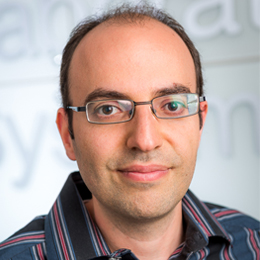
Department of Systems Biology
Program for Mathematical Genomics
Mohammed AlQuraishi works at the intersection between computer science, systems biology, and structural biology. He develops bespoke machine learning models that use biophysical insight to learn protein structure from primary sequence via differentiable algorithms, of which deep learning is a specific example. Biological applications include ab initio structure prediction, modeling signal transduction networks and protein-small molecule docking.
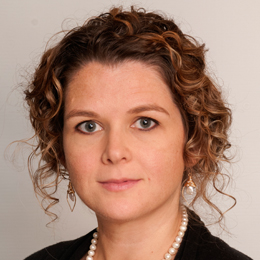
Director, Surgical Oncology Research Laboratories, Massachusetts General Hospital
Associate Professor, Harvard Medical School
Genevieve Boland is focused on the identification of tumor-intrinsic and immune-related mechanisms of response and resistance to immunotherapy and the identification of blood-based biomarkers of therapeutic response. Her laboratory is also defining and characterizing biomarkers of immune-related toxicities to develop new clinical targets and diagnostic tools.
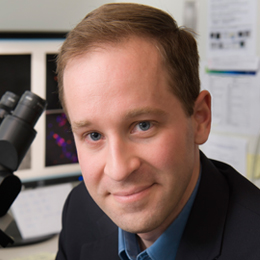
Wellman Center for Photomedicine, Massachusetts General Hospital
Conor Evans and his team develop optical technologies targeting challenges in clinical and pre-clinical medicine. As part of the CCSP, Dr. Evans and his team are creating advanced imaging technologies for the direct visualization and quantification of pharmacokinetics and pharmacodynamics in situ. By leveraging tools such as coherent Raman imaging, image analysis, and machine learning, his group aims to improve our understanding of how cancer drugs reach and engage their targets.

Professor of Medicine at Harvard Medical School
Keith Flaherty focuses on understanding mechanisms of action and resistance to signal transduction targeted therapy and immunotherapy in melanoma as well as the mechanistic interaction between the two modalities. Deep molecular analysis of serial tumor biopsies and rapid autopsy samples are used to motivate functional pre-clinical studies and to inform next generation clinical trials.
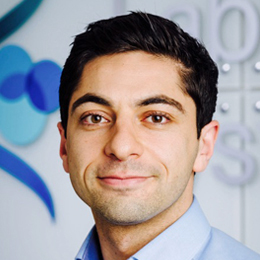
Center for Translational Tumor Immunology (CCTI)
Program for Mathematical Genomics at Columbia University
Benjamin Izar has pioneered the implementation of single-cell RNA-sequencing and single-cell protein imaging in clinical specimens and the development of patient-derived models to understand drug resistance to targeted therapies and immune checkpoint inhibitors. As a medical oncologist, he focuses on the treatment and understanding of drug resistance in melanoma.
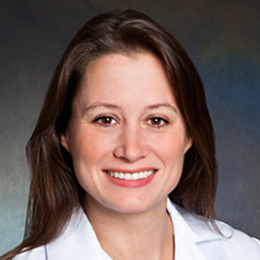
Director, The Program in Skin Toxicities from Anticancer Therapies
Associate Professor of Dermatology, Harvard Medical School
Nicole LeBoeuf provides urgent and ongoing expert dermatologic care for cancer patients with cutaneous adverse events from oncologic treatments. Her research focuses on profiling the immune infiltrate in the skin and blood of patients with cutaneous eruptions from immune checkpoint blockade.
Key Collaborators and Alumni
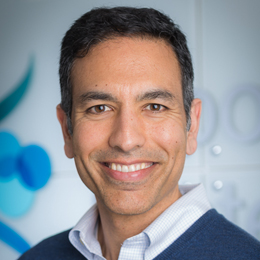
Sameer Chopra is interested in the relationship between genome instability and anti-tumor immunity in triple-negative breast cancer and high grade serous ovarian cancer. His goal is to apply systems pharmacology approaches to develop curative therapeutic strategies for women’s cancers using combinations of small molecule drugs and immunotherapy.

Institute Physician, Dana-Farber Cancer Institute
Sharon Crowley Martin Chair in Melanoma
Professor of Medicine, Harvard Medical School
Stephen Hodi studies mechanisms of immuno-therapy via clinical trials in multiple disease areas. He focuses on understanding determinants of response and the specific disease features that allow a subset of patients to experience extremely durable responses to immune checkpoint inhibition.
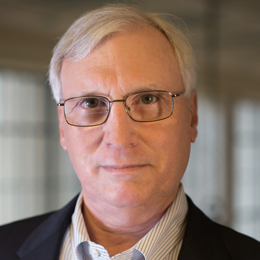
Professor of Biological Engineering, Chemical Engineering, and Biology, Massachusetts Institute of Technology
Douglas Lauffenburger studies cell dysregulation in complex pathophysiologies, emphasizing applications in cancer, inflammatory diseases, and vaccines. A central objective is gaining understanding of how multiple pathways and processes — both intracellular and intercellular – combine to govern cell functions and how they become dysregulated in disease.

Associate Professor of Medicine, Harvard Medical School
Patrick Ott is interested in the development of new immunotherapeutic strategies for cancer patients. He is the principal investigator and site investigator of a large portfolio of clinical trials assessing novel agents and innovative combinatorial strategies for patients with melanoma and other cancers.
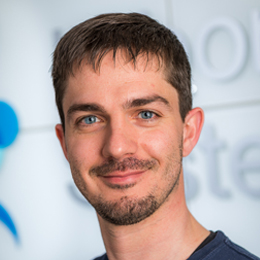
Former Member CCSP Executive Committee
Luca Gerosa represented the trainees on the Executive Committee while he was a postdoctoral fellow in the CCSP. Gerosa is an expert in computational and experimental systems biology and researched adaptive drug resistance in BRAF mutant cancers (Project 1).
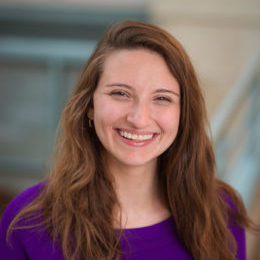
Former Member CCSP Executive Committee